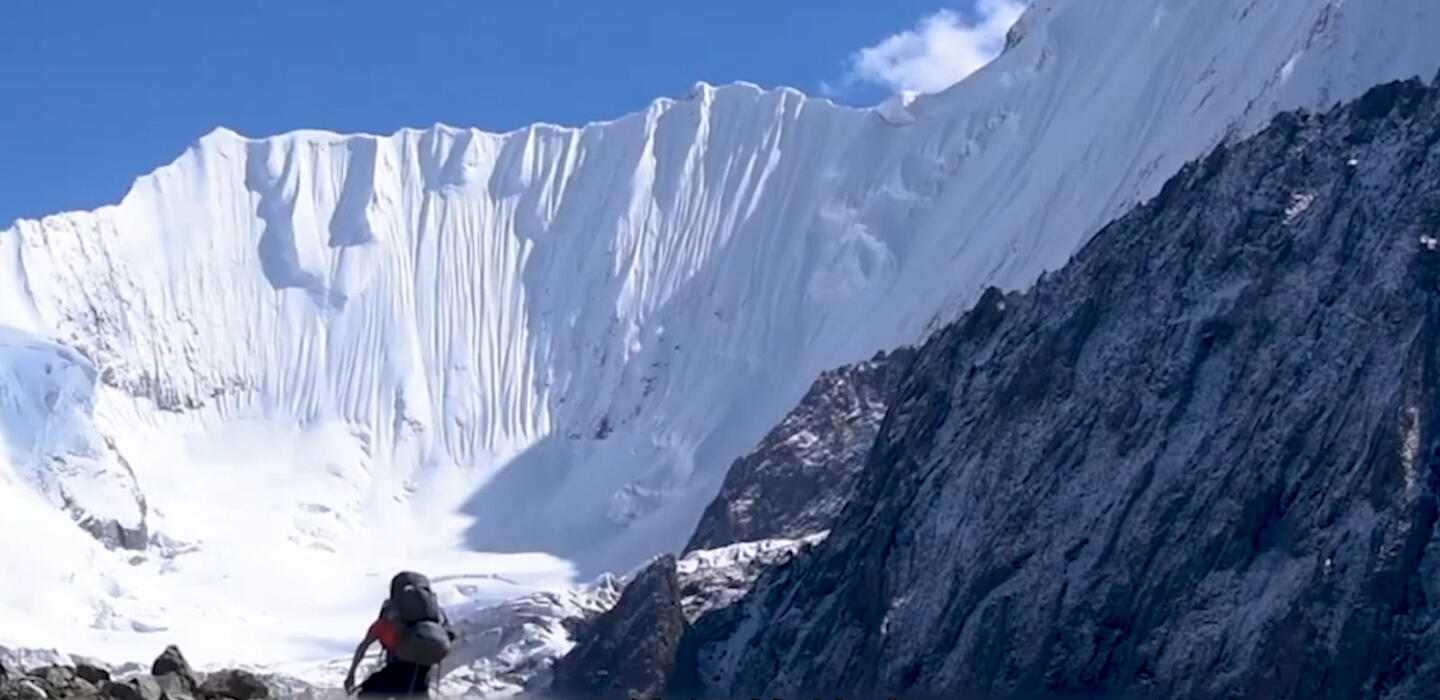Kyle Obermann 很高興可以跟你在 The China Current 傾談。我們都身在香港,不過我知道你從德州來中國的時候,你還未成為一位自然生態保育攝影師。
年少時有一句開玩笑的話:「如果你從德州一直往下掘下去,你最後會去到中國。」中國是距離德州最遠的一點,你很難想像是甚麼模樣。後來我上到大學開始學習中文,我才發現是一件很有趣的事情,就好像在認識象形文字,我覺得像外星人的語言一樣,感覺很奇怪但十分美麗,於是我就被這個比較另類的興趣吸引了。
你到了北京大學留學,那裡就好比美國的哈佛大學、耶魯大學。身為美國人,在中國的校園生活有甚麼感覺?
那種驚喜的程度讓我有點應接不暇,同時我又感受到一份樸實謙遜。我想說的是,大家會很難像,中國學生要付出多大的努力才可以擠身這些學府。於是我都被這個態度感染了,我身邊的中國學生都很優秀很用心學習,學習的過程也很有啟發性。我獲得的獎學金可以全費支付我到頂尖的大學,相信大部分中國學生都會感到十分羨慕。於是我在那時候就知道,我到中國就不單單是學習中文,我還要帶來一些改變。學習語言對我來說已不單是分數,更是一項工具,我不想為學習而學習,我要用學習語言作出貢獻。
畢業後你為什麼留下來?你主修環境學科,但後來你又選擇了不一樣的路向。
我在北京時開始體會到世界對這個地方有很多誤解,新聞報導亦沒有一個對中國很全面的解讀。大家只知道中國有很多大城市,時常都有一層煙霧掩蓋著。我就像其他人一樣的想法,當我還在美國學習中文的時候,從來都沒有認識過中國的自然環境。在北京大學第一個長假期就是中國國慶日,我開了幾小時汽車到北京城外,發覺自己好像置身於一片秋色的桃園之中,樹木、森林和瀑布。我赫然在想,為什麼從未在新聞看到這些景象?為什麼一直在談論那些煙霧?我知道有很多故事仍然未被發掘,關係到世界上其中一個最大和最重要的國家。這不就是向全世界訴說一個新的故事、向大家介紹這些美麗的地方的好時機嗎?我怎麼可以不留下來?
在首都北京幾小時車程的距離,就已經是華北豹的居住地區,但在你心目中是不是有一個更理想的故事、你的親身體驗,想要與你家鄉的人分享?
如果大家都不知道北京附近有這些漂亮的原始山林,可以讓華北豹棲身,怎樣可以保護牠們?你當然可以一整天都在談論著圍繞大城市的煙霧,但就等於忽略了美麗的自然地貌和野外生態,這才是對中國多樣化的真實呈現。人們看過我的作品可能會以為我是一個探險家,但我想指出,由我剛開始這項工作,包括我還在北京大學唸書的時候,一直都得到很多中國人的幫忙。有時可能是跟大學教授會面、跳上順風車前往一座大山,或透過非政府組織進入保育區、又或是由當地人帶著登山,我的相片都是在中國人協助下完成,我十分感激他們的幫助。還有中國的森林牧林人,可能每月有幾百元美金的收入,但就有25天在外工作,冒著危險守護像大熊貓的野外生命。撫心自問,我的境況幸運得多,我至少都應該盡心盡力,呈現他們的故事。
Kyle Obermann, it's a great honour to have you here on The China Current. We are here in Hong Kong. But your story begins in Texas, long before you became an environmental and conservation photographer?
We used to joke growing up, if you dug a tunnel from Texas, you'd end up in China. It was the faraway place, you can't imagine. But when I got to college, that's when I started studying Mandarin. And from the moment I started studying, I thought it was so cool. It was like learning hieroglyphics. I thought it was alien. It was weird, but it was beautiful. It's one of those nerdy hobbies that just kind of spark in you.
You went to Peking University, which is like the Harvard, Yale of America. What was it like being an American on a Chinese campus?
It was pretty overwhelming and pretty amazing. But also, I think very, very humbling. I mean, the level of effort Chinese students do to get to these universities is so much more than we can imagine. And so, I was filled with this kind of sense of humbleness as well, being surrounded by these Chinese peers of mine, who were very, very smart and very, very dedicated. It also was very inspiring. I had this full-ride scholarship to the best school, which most Chinese people were very, very envious of. And so, I thought from that time on, I'm here not just to be here and learn the language, I'm here to how can make a difference. I saw language learning, not as just a grade but as a tool. I don't want to learn the language just to learn it. I want to learn it to be a tool to do good.
Why did you choose to stay after graduating? You were an environment major, but then you chose to plant new roots there.
When I was in Beijing, I just saw the miscommunication and the lack of holistic storytelling about China in the news. We see China as only big cities or only smog. That's what people think of and that's what I thought of. When I was in America learning Chinese, we did not learn about Chinese nature. My first break when I was in school there over Chinese national holiday, I took a car a couple hours outside of Beijing, I found myself in this paradise of fall colours and trees and forest and waterfalls. I was like, wait, why didn't this make the news? Why is the only smog and so I realized there's a story here that's not being told? And it's about one of the most important, one of the biggest countries in the world. And is this not an opportunity to tell that story and to share these amazing places with everyone else? How could I not stay? I had to.
There are North Chinese leopards living just a couple of hours outside of the capital, Beijing. But if you think about the story that you want to tell, the lived experience, what's the one idea that you would want to share with everyone back home?
If no one knows the fact that there are beautiful, pristine mountains a couple hours outside of Beijing where leopards are and could be, then we can't protect it. You can spread stories of smog all day, but if you don't spread the stories of the beautiful landscapes and the amazing wildlife, then you're wasting a lot of also potential stories. I think it shows a true picture of the diversity of China. People might see my photos and think, well, he's an explorer. He's an adventure look. But I will tell you this. Since the beginning of my career, even in Peking University, everything I've done has been with the help of Chinese people, whether it's meeting a professor, or getting a car ride to that mountain, or having an NGO bring me to a nature reserve and have the locals then bring me up the mountain. My photos are built-off the help of trying people, and in that way, I feel very indebted to them. And I say this, there will be forest rangers in China. They work for a couple hundred US dollars a month, and they're outside 25 days a month, risking their lives to protect things like the panda. So, I've got to ask myself, I have it much better-off than they do. And the least I can do then is do my absolute best, and just give my sweat and blood to show-off their stories.

